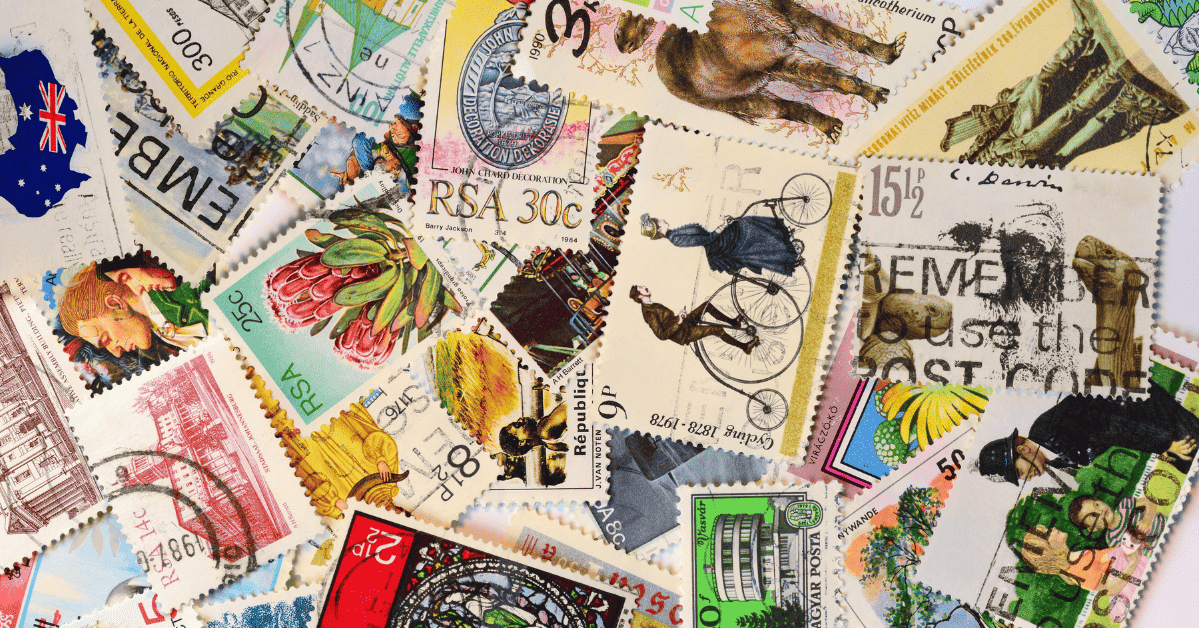I'm not in the business of judging you for your urge to collect things. No matter how weird and wonderful it might be; autographs, radios, kettles, antique brooches, kewpie dolls or the more standard fare of stamps, artworks and coins.

"I've never met anyone yet who isn't deeply emotionally connected to their collections."
When it comes to estate planning, not all collectibles are created equal and whilst your antique kettle collection may be deeply sentimental, more financially valuable collectibles such as artwork, precious metals, stamps and coins can be some of the toughest assets to pass on to your beneficiaries.
Over the years I've heard hundreds of stories of families who discovered valuable collections they knew nothing about years after the death of their owner, families who have inadvertently thrown away tens-of-thousands of dollars worth of seemingly sentimental items, and beneficiaries who have spent years trying to hunt down the whereabouts of precious items listed but not accounted for in an assets list.
All this could have been saved with a simple conversation BEFORE the collector died.
The information your executors will need
If you have collectibles, that will make up part of your estate this is the information the executors of your estate will need in order to finalise your estate quickly and painlessly;
- An up to date inventory of your collection, including location, cost basis, and description of the items
- Information about how to maintain and/or liquidate items in your collection
- Details of how to access secured or stored items, including information about items stored in your personal possession or in a depository
- Proof of ownership and/or acquisition documents
This week I heard of a family struggling to finalise an estate as they couldn't locate proof of ownership documentation for a sizeable and very valuable coin collection. Without those documents the family were unable to sell the collection and the finalisation of the estate was at a standstill.
Surprise! You just inherited a big fat tax bill
It's worth keeping in mind inheriting a financially valuable collection can come with significant tax implications.
Sharing your intentions and wishes about your collection with your family or beneficiares BEFORE you die, gives them the opportunity to do their homework around how they can best handle any assets that may come their way.
Don't make the assuption that any gift is a good gift. Your estate should be a gift not a burden and punishing your loved ones with a massive tax bill is not kind.
Talk to your financial planner and/or accountant and then your family about what you intend to leave them so there are no big fat surprises when you die.
Sentimental value
I've never met anyone yet who isn't deeply emotionally connected to their collections.
Whether you collect fine wine and vintage cars, or tea cups and tourist frit-frat, even the most financially vaulable collections can hold deep sentimental meaning. Once you're dead it's too late to share those feelings with your family.
When you tell your family that you have a massive coin collection stashed in a dusty box under the bed (so they don't throw it out thinking it's rubbish) also take the time to show them, tell them what your collection means to you, how you came to start it, and what you want to happen to it when you die.
I promise you they'll be more inclined to think carefully before throwing it in the skip bin if they know how much your things mean to you.
Keeping your information safe
Morty is ready and waiting to keep your information safe. Scan you acquisition documents or receipts and save them in Morty, link to existing files and securely share details of where your valuables are kept. AFTER you die with the people you want to know.
Learn more about Morty by clicking the link below.
Brave is kind.
